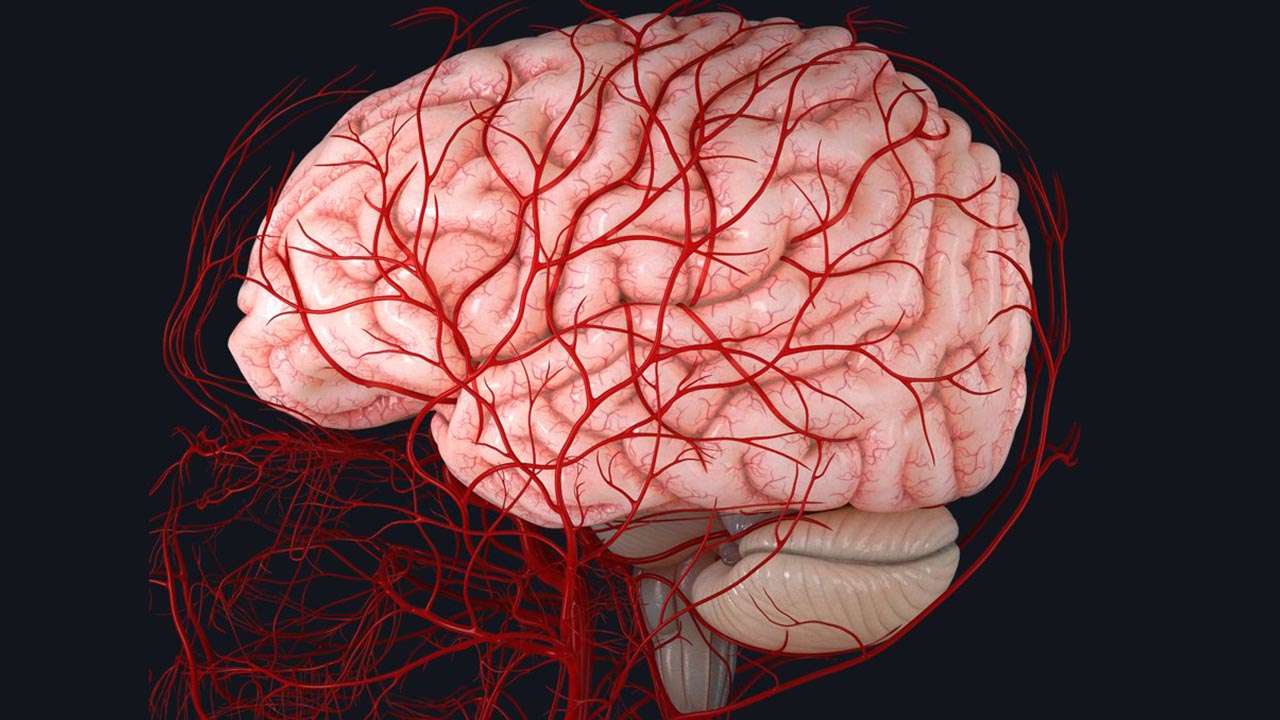Vascular Dementia is a condition that refers to a decrease in a person’s thinking ability along with changes to memory and behavioral patterns due to a reduction in blood circulation to some regions of the brain. This affects the blood vessels present in the brain and significantly affects the person’s ability to function. It can happen individually or as part of another diagnosis, including Alzheimer’s disease or other types of Dementia.
It is found that, on average, the life expectancy of people with Vascular Dementia is around five to six years after the symptoms begin to rise. 20% of people are expected to develop vascular Dementia after they suffer from a stroke.
Causes of Vascular Dementia:
Vascular Dementia affects the brain in various ways. This then affects the supply of oxygen to the brain and damages blood vessels. People suffering from Vascular Dementia are said to possess certain irregularities in the brain, which can be observed on MRI scans. These irregularities may include prior stroke experience, either major or minor.
The ultimate cause of vascular Dementia is a condition known as atherosclerosis. This happens mostly in older people whose arteries suffer from a hardening action making them prone to heart disease and stroke. Age is a factor, and people over 65 are most at risk for the disease.
Other irregularities include diseased small blood vessels in patients’ brains and the changes to ‘the white matter present which performs the function of connection between different regions of the brain, the message transfer through them is affected.
Symptoms:
People suffering from Vascular Dementia may experience the following:
- Misplacing basic items
- Losing interest in things or people
- Poor judgment
- Slow reaction times
- Difficulty performing easy tasks
- Forgetting past events
- Problem related to walking and maintaining balance
- Confusion
- Trouble paying attention
A person who has vascular Dementia may also begin to behave in a way that may be said to them out of character.
Diagnosis:
The most preferred way to identify strokes is to conduct an MRI scan. MRIs provide a much more detailed analysis of strokes, mini-strokes, and abnormalities related to blood vessels than a CT scan.
It as a disease cannot be identified in itself by the brain in a scan, but an MRI scan can help pinpoint that specific brain changes have occurred and are affected. The diagnosis of vascular Dementia is based on multiple things, and all are focused on getting information to the patient about the disease.
In most cases, a general practitioner who has expertise in Dementia will make a starting assessment. The specialist may then forward the case for further tests and scans if necessary or will make the diagnosis if the issue is clear.
Treatment for Vascular Dementia:
There is no cure for Dementia, and there is no way to restore the brain cells and nerves to reverse into a healthy condition before the diagnosis. The treatments focus on slowing the symptoms and reducing the speed at which the brain cells are lost. Furthermore, medications are provided to stop strokes and mitigate further brain damage. The treatment works to slow down the disease by tackling underlying conditions.




